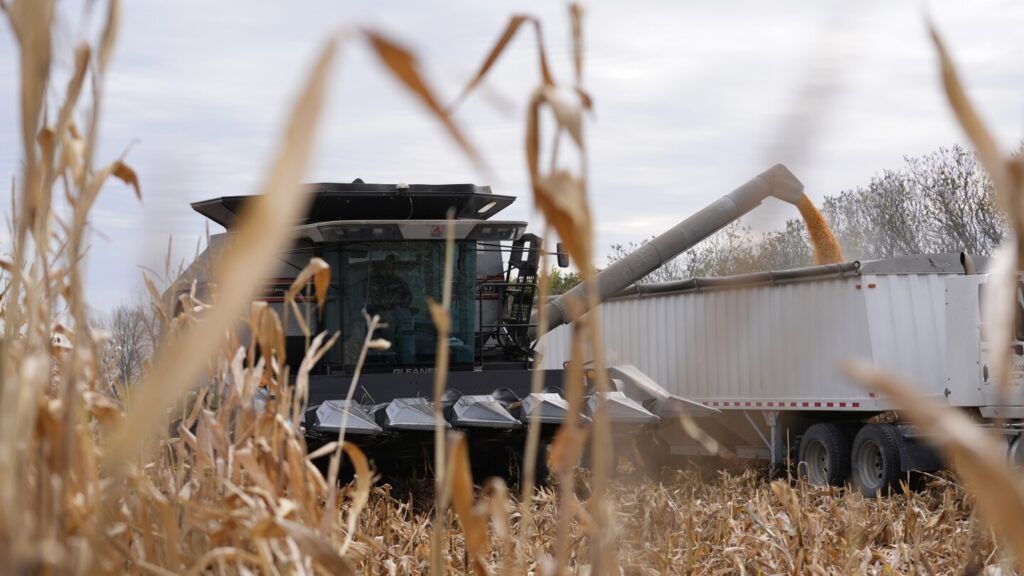Farmers and meat producers in the U.S. are facing the impact of new tariffs on Mexico, Canada, and China, which could lead to billions of dollars in losses. Consumers may see higher prices for produce and ground beef as a result. President Donald Trump could offer aid payments to farmers to offset some losses, similar to what was done during the China trade war. The uncertainty around the tariffs is causing concern among farmers, with some already stocking up on supplies.
The tariffs have already caused a significant drop in corn and soybean prices, affecting the profitability of these crops. Additionally, the potential increase in fertilizer costs due to disrupted trade with Canada poses another challenge for farmers. Meat prices are also expected to rise, impacting both farmers and consumers. While some products may become cheaper in the short term, the overall economic impact could be significant.
Farmers are expressing worry about the long-term effects of the tariffs on their businesses and are hoping for a more balanced trade environment. However, the looming threat of reciprocal tariffs from other countries adds to the uncertainty. The aid payments from the government can provide some relief, but concerns remain about the sustainability of the current trade policies. Overall, the lasting impact of these tariffs on farmers, consumers, and the economy remains uncertain, with experts questioning the effectiveness and sustainability of such measures.

